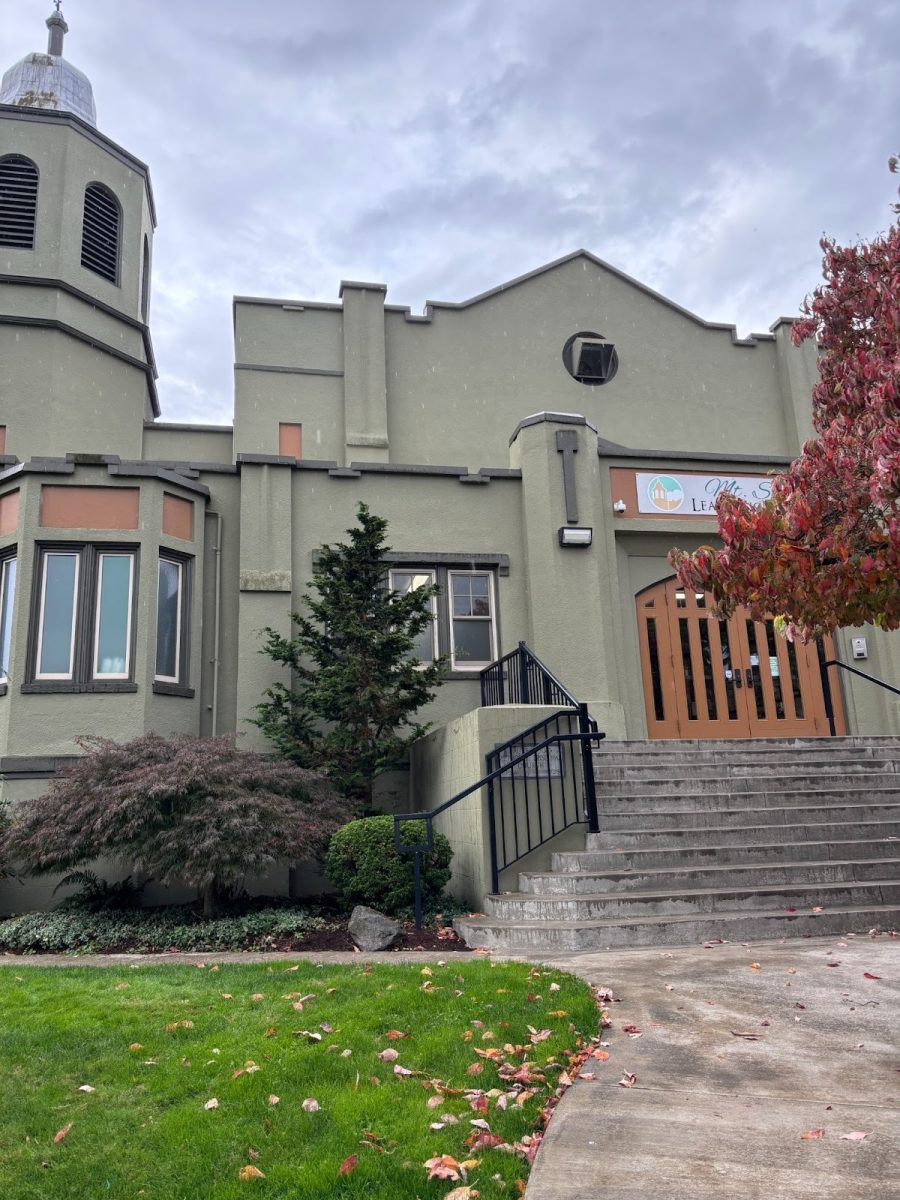
The Latino community often faces the question: are you Latino if you don’t speak Spanish? What people should be asking is: do all Latinos speak Spanish? Latino is used to refer to anyone who was born in, or has family ties within, Latin America. If you fit those standards, then congratulations, you are Latino. Latino is so much more than just language—it is a culture full of customs and traditions and beliefs. Will Fernandez, Step-Up Program Coordinator at Franklin, defines culture as “[anything] from food, to norms, to beliefs, to traditions, and community, and language. [Culture is] a lot of things that define who we are as persons.” As defined by the Merriam-Webster dictionary, culture is: “the customary beliefs, social forms, and material traits of a racial, religious, or social group… the characteristic features of everyday existence (such as diversions or a way of life) shared by people in a place or time.” There are many divisions within culture that have loosened the definition. As the U.S. increases in diversity, the lines between how one identifies are bound to become blurred.
This cultural definition started with the first of two waves of Colonialism. Many newly converted Catholics were forced to speak the language of their colonial rulers: Spanish. During this time, nationalism was a growing trend within nations. And the increase of global outreach created the belief that one nation is superior to another, leading others to force their culture and traditions onto those they saw as inferior.
So how can one Latino judge another for not speaking Spanish when it was not the original language of Latin America? In fact, many languages are still used, such as Guaraní and Mayan. The Pew Research Center conducted a study using four variables to determine whether one can be considered a nationality. It was found that 70 percent of North Americans believed that it was most important to speak the official language of English to be considered American. 62 percent of the populations of Spanish-speaking countries believed it was most important to speak the official language of Spanish to be considered a member of one’s country. This was the overall trend in all major countries.
Race in America is a difficult topic. A dilemma many Latino people are confronted with is losing language through the education system. Language immersion is often a go-to for children who speak a language at home that they do not use in school. These classes are meant to encourage involvement in one’s culture and language. However, opportunities like these are not always accessible for Latino people. The U.S. education system is systematically racist. The gentrification of cities increases the oppression of minorities in classrooms, forcing upon them the English language. One’s first language is often believed to be a foundation to learn other languages but is moved to the backburner assuming one will learn outside of the classroom.
It can be said that language is the most defining factor in identifying with culture. Some might ask how, without the native language, one can communicate with the native people. Communication is vital. It is how many traditions are passed through lineage and how others express their beliefs. And many first generation American Latinos are not taught Spanish in fear of being bullied or discriminated against for not assimilating into American culture.
An anonymous student describes their experience as a biracial teen at Franklin. “Even though I grew up apart from my Mexican family, I was still able to go and visit them, and [I was] still able feel like a part of my culture, because I grew up feeling a part of my community.” They emphasize that it is “extremely important” that biracial people “feel included in both aspects [of their combined cultures].” Evidently, a culture can’t thrive until someone represents and is proud of it.
Societal stigmas surround language and culture, deciding how one must look, sound, and feel to be a part of one community or another. Latinos and Hispanics come in all shades, shapes, and sizes. No one group has the same upbringing or backgrounds, nor do they always share the same morals or religious beliefs. But what unites them is the appreciation for their customs and traditions, and the proud stance people take to defend their place in society. It is a sense of community that surpasses the definition. Language is an enhancement but not a requirement. Evelyn Hernandez (10) agrees: “To be able to speak Spanish is like an added bonus to yourself and the people you are around, but if you can’t speak it, that doesn’t mean you are less Latino.”

































